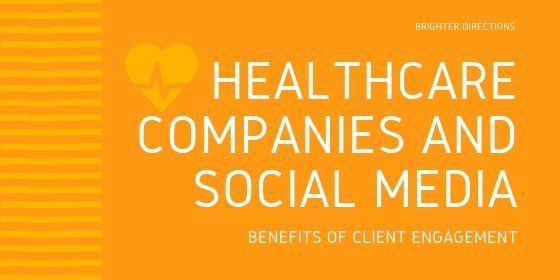With over three billion people using social media each month it’s impacted on the way we search for information. The use of social media in health is no different.
Taking to social media to share opinions and news, to air grievances and appreciation, and to find information, more and more of us rely on these forums to learn about the health problems that influence the world and our lives.
Information found on social media now has an impact on the way people deal with their health, and even influences decisions they make regarding their well-being.
It would be a wasted resource for healthcare companies not to utilise these networks to connect with patients and raise awareness. Just think, through social media you can report knowledge and reach a wider audience by taking the information to them, and the benefits are many. You can:
- Promote awareness and share accurate health messages.
Healthcare campaigns over social media have the chance to go viral, and in effect, take on a life of its own, impacting on people you may not normally reach. As well as this you can be a part in ensuring the information reaching the public is accurate.
- Engage with patients
By gaining feedback it promotes greater individual care. By doing it through social media you offer patients the chance to gain real-life advice and attention by providing the chance to connect to others, which for people with long-term or chronic illness becomes an important part of their coping strategy.
- Be a resource during a community health emergency
In the event of a health crisis, social media is an important component on how word is spread, which means it’s also beneficial in informing the actions for prevention and protection.
- Provide health information
The internet is used as a resource for information on health conditions and ailments. Patients also employ it in addition to their doctor’s advice, engaging with peers to get direct guidance from people who have undergone similar diagnosis. Social media is a practical choice for imparting health information in a way that will reach large numbers of society.
As social media continues to grow in popularity, health companies unwilling to embrace this informal form of engagement are missing out on an important aspect of patient interaction.







